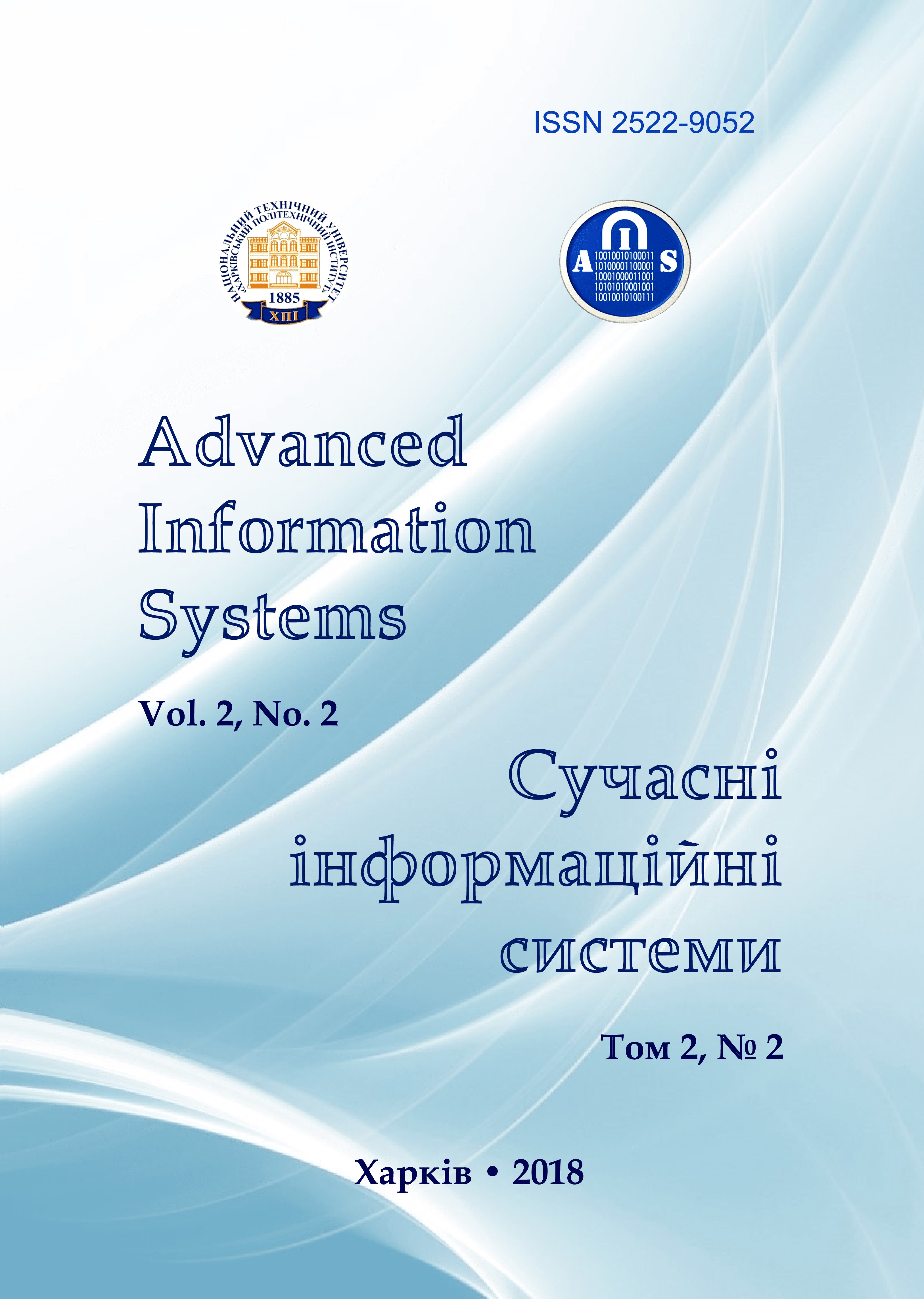Development of expert systems for election of a rational transportation route of dried fruits to Ukraine
Main Article Content
Abstract
The purpose of the article is to describe the process of developing a specialized expert system, implementing a fuzzy conclusion on knowledge, to support decision making on the selection of a rational route in the creation of a complete logistics chain of supplies of dried fruits to Ukraine, in the 'just-in-time' mode. The use of such a system in the formation of the CPC will make it possible to improve the efficiency of business processes in the chain by reducing the financial and time costs. Results. The process of developing an expert system to support decision-making by participants in a complete logistics chain of deliveries of dried fruits (DDF) toUkraine is described. It is shown that one of the most important factors determining the efficiency of the DDF, is a rational choice of delivery routes of raw materials, related materials and finished products in the framework of this chain. Analyzed parameters that must be considered when selecting a vehicle - the location of the final destination, size and weight, its other characteristics, as well as indicators that determine the route rationality - possible stops for food and accommodation of drivers, the presence of customs checkpoints and road conditions (state cover, width of the roadway, weather conditions affecting the state of the road, speed limits on certain sections of the route). As a result of the analysis, the fuzzy nature of this information is established, it is proposed to develop a specialized expert system that implements an unclear conclusion on knowledge. To develop an expert system used in MATLAB (Fuzzy Logic Toolbox package). In the technical aspect, to form solutions in the expert system, rule applied Mamdani, and for defuzzification result - the center of gravity method. An example of an informed choice of the most rational route from two possible variants is given.
Article Details
References
Stock, J.R. and Lambert, Douglas M. (2005), Strategic Logistics Management, INFRA-M, Moscow, 831 p.
Bowersox, D.J. and Closs, D.J. (2008), Logistics: integrated supply chain, Olimp-Business CJSC, Moscow, 640 p.
Rakhimi, Ya. (2017), “Knowledge of an oriented approach to the organization of decision-making support for the formation of a complete logistic chain of supply of dried fruits to Ukraine”, Systems of control, navigation and communication, PNTU, Polta-va, No. 6(46), pp. 197-201.
Dyakonov, V.P. (2002), MATLAB6 / 6/1/6/5 + SIMULINK 4/5, Solon-Press, Moscow, 768 p.
Crainic, T.G. and Roy, J.O.R. (1988), “Tools for Tactical Freight
Transportation Planning”, European Journal of Oper. Res., 33 (3), pp. 290-297.
Kuchuk, G., Kharchenko, V., Kovalenko, A. and Ruchkov, E.(2016), “Approaches to selection of combinatorial algorithm for optimization in network traffic control of safety-critical systems”, East-West Design & Test Symposium (EWDTS), pp. 1-6, available at : https://doi.org/10.1109/EWDTS.2016.7807655.
Pegat, A. (2013), Fuzzy modeling and control, BINOM. Laboratory of Knowledge, Moscow, 798 p.
